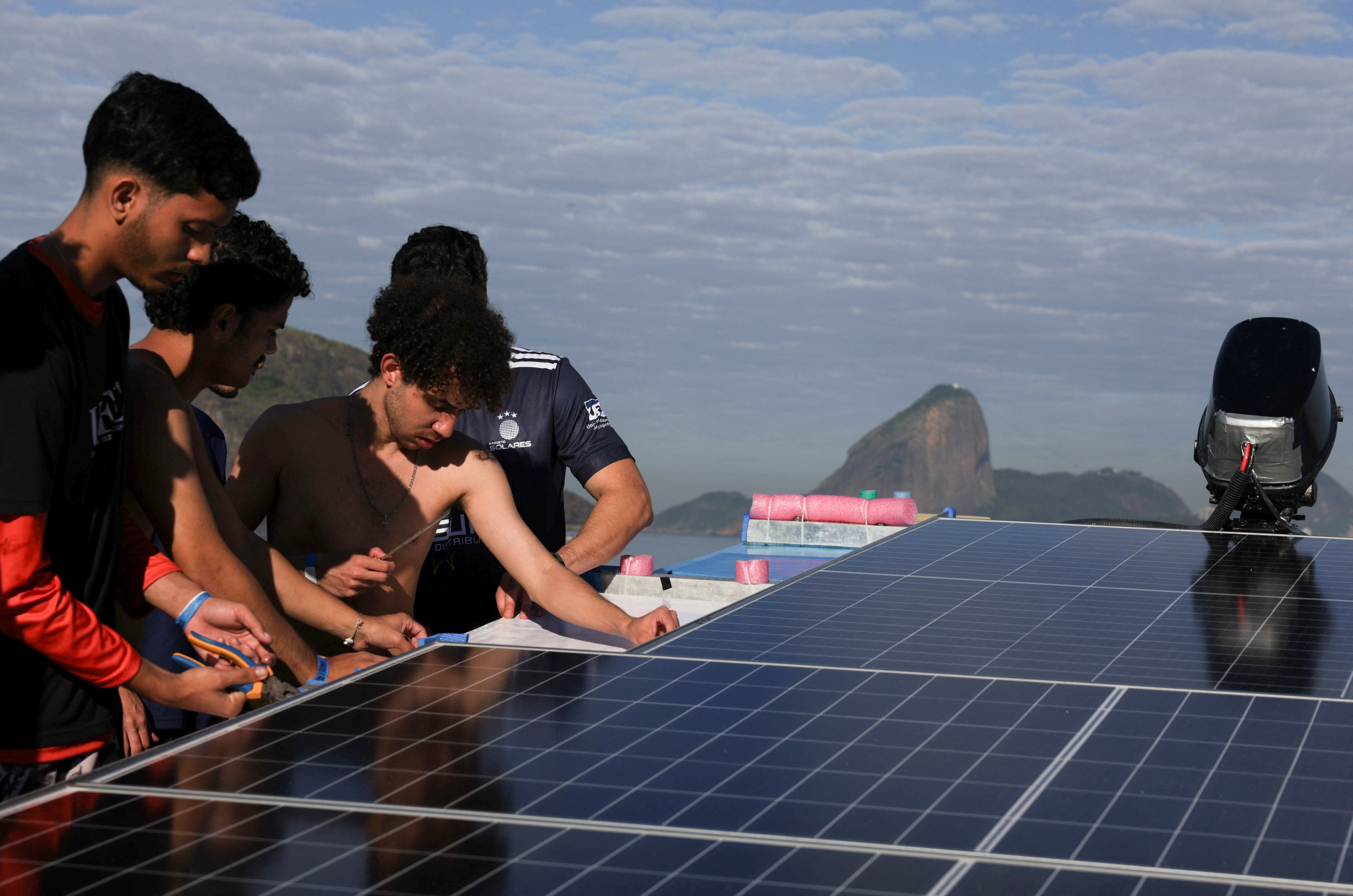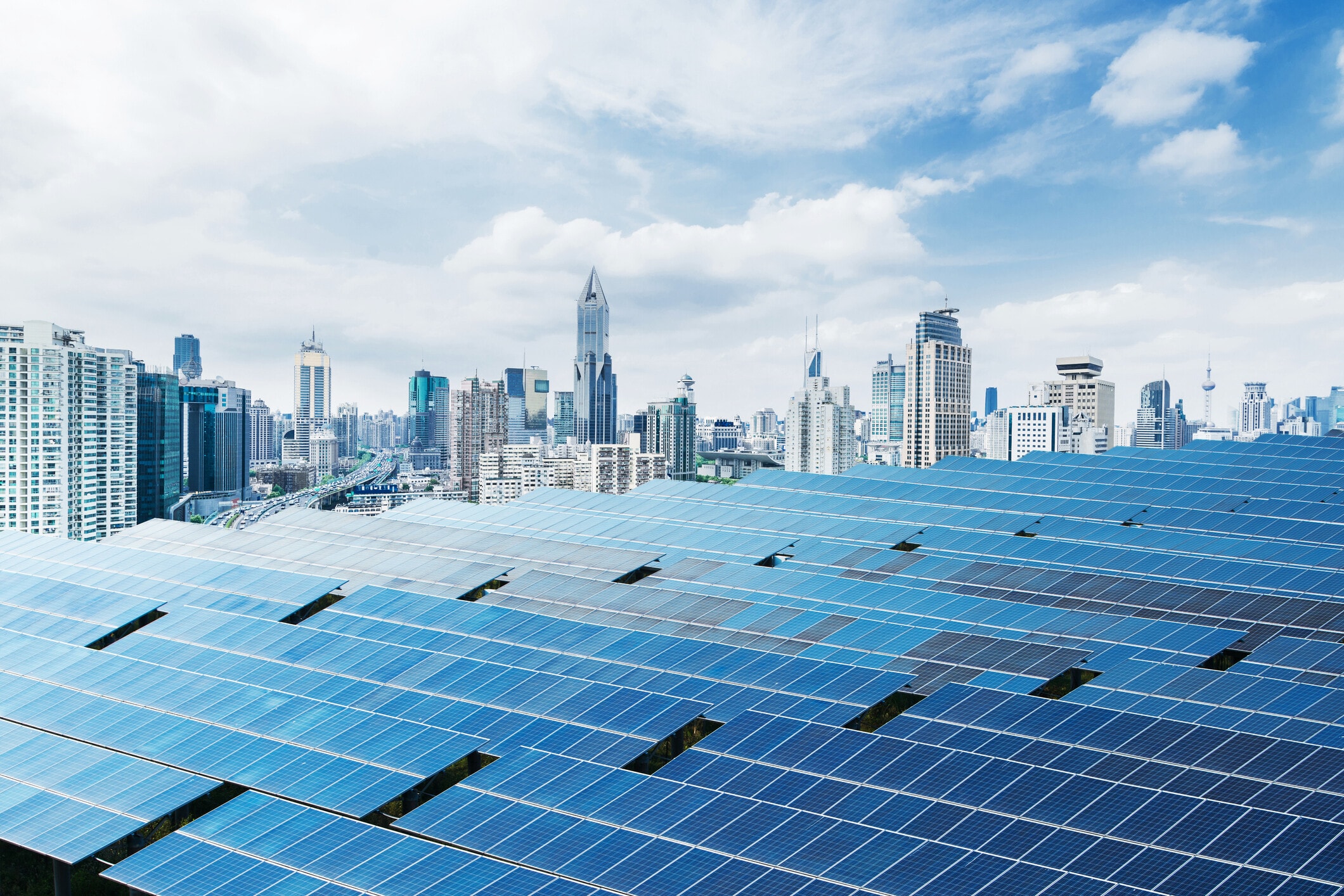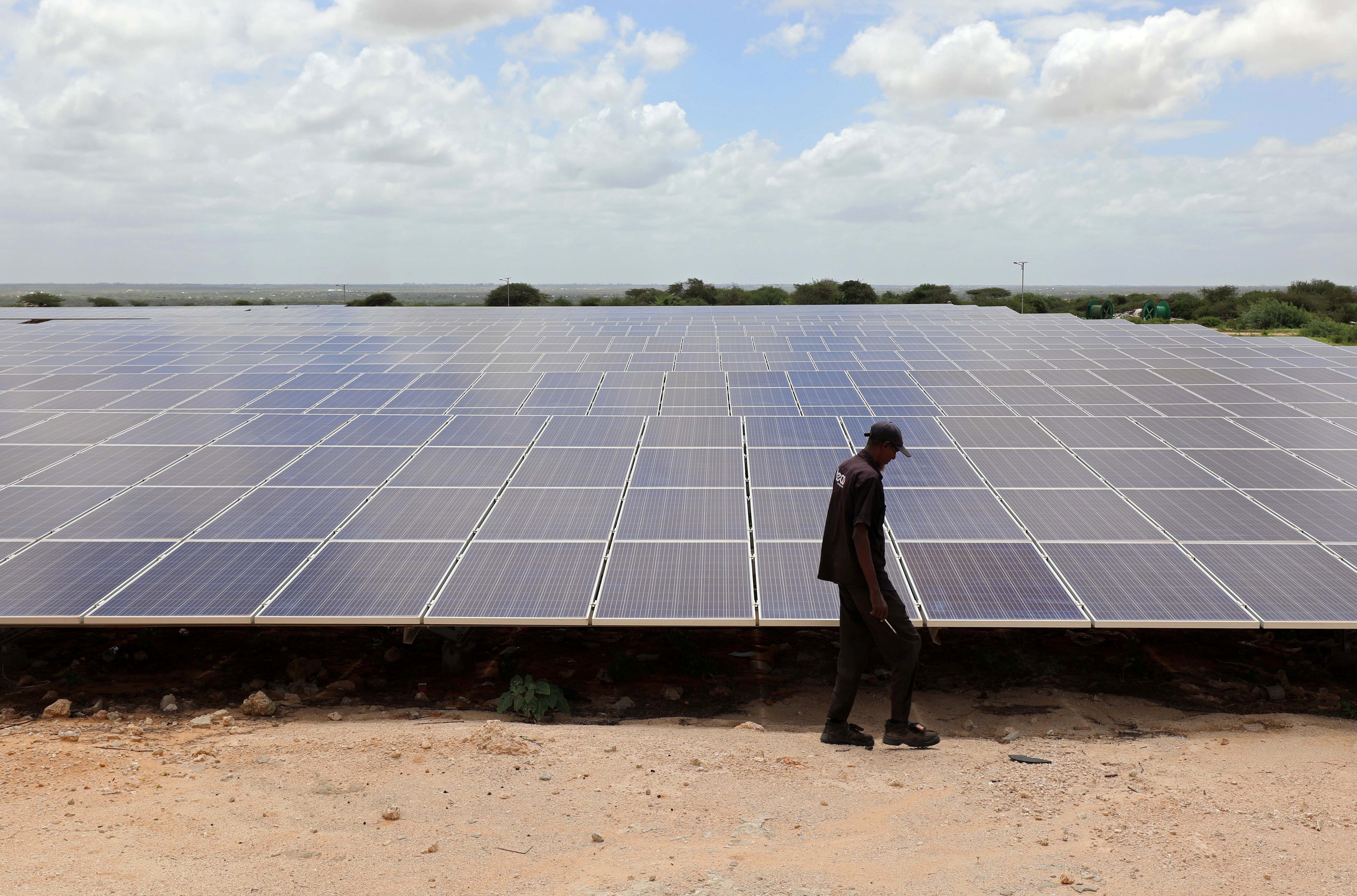The top energy stories of 2024

From AI’s impact on energy to the rising demand for critical minerals, here are some of our must-read stories from 2024.
Image: Unsplash/Zbynek Burival
Roberto Bocca
Head, Centre for Energy and Materials; Member of the Executive Committee, World Economic Forum- Energy was a key topic in 2024, on the global news agenda and for the World Economic Forum.
- From AI’s impact on energy to the rising demand for critical minerals, here are some of our must-read stories from 2024.
1. What AI and nuclear can do for energy systems
Big tech firms’ rising energy use made many headlines in 2024 as artificial intelligence (AI) technologies drive increased energy demand from data centres.
At the same time, experts say advances in AI and the expansion of data centres could contribute to reshaping electricity consumption, may offset the rise in direct electricity consumption from data centres.
Meanwhile, data centres are becoming more efficient through more advanced hardware and processing power expected to improve the efficiency of AI workloads.
And reports predict that, through scaling proven applications and technology, AI has the potential to provide insights that could help mitigate 5-10% of global greenhouse gas emissions by 2030.
It can help optimize solar and wind farms, boost energy storage capabilities, and enhance climate and weather predictions to enable better energy planning.
New patents to integrate AI into power grids have grown sixfold in recent years, according to the International Energy Agency. And AI can drive new breakthroughs in clean energy sources, including nuclear. Microsoft, Google and Amazon are all looking to nuclear power to help meet their increasing power needs as AI use grows.
Advanced nuclear energy, including small modular reactors – which are cheaper to build than standard nuclear plants and suitable for locations where a larger reactor isn't feasible – is one solution to meet growing demand and substitute fossil fuels for heat and power, according to the World Economic Forum report A Collaborative Framework for Accelerating Advanced Nuclear and Small Modular Reactor Deployment.
Accept our marketing cookies to access this content.
These cookies are currently disabled in your browser.
2. A vital moment for the energy transition
With countries due to deliver their updated emissions-reduction commitments next year, experts say the world is at a critical moment for the energy transition and goals to triple renewable capacity by 2030.
The World Economic Forum's Energy Transition Index (ETI), which benchmarks 120 countries on their current energy system performance, and on the readiness of their enabling environment, has found that 107 out of 120 countries have demonstrated progress in their energy transition journey over the past decade. However, the transition momentum has been held back by setbacks in energy equity driven by rising energy prices in recent years, while energy security continues to be tested by geopolitical risks.
Ensuring a just and equitable transition was in focus at COP29, with organizations including the United Nations Development Organization emphasizing the vital role of finance, technology and innovation.
The Forum's report also underscores the need for financial support from advanced nations to facilitate an equitable energy transition in emerging and developing nations and forward-thinking policy-making in all nations to foster truly conducive investment conditions.
It is critical for both policy-makers and businesses to balance the three energy system priorities of equity, security and sustainability, it says.
The ETI also highlighted positive momentum with notable progress in energy efficiency and “a marked increase” in the adoption of clean energy sources.
Most countries are progressing in the energy transition, with the “centre of gravity” moving towards developing nations. Northern European nations are leading, with China and Brazil showing strong improvement, the report says.
Global renewable energy generation reached a new milestone in 2024, with zero-carbon sources making up over 40% of the world's electricity generation for the first time.
3. Addressing the heavy industry question
2024 is likely to have been the year of peak energy emissions – but organizations including the UN have warned there is still much work to do to meet the goals of the Paris Agreement. Faster advancements across all industries and countries are needed.
In particular, helping hard-to-abate sectors address their energy use to reduce emissions will be critical.
Industries including steel, cement, aviation, shipping and trucking play an important role in our economies. Heavy industry contributes to about 30% of the global GDP and nearly 40% of global carbon dioxide emissions.
The Forum's Net Zero Industry Tracker highlights a recent decline in emissions in eight hard-to-abate sectors, despite an overall increase in global emissions, but warns they remain far off the pace to achieve net zero by 2050. The report finds that an additional $30 trillion in investments is required by 2050, including $13 trillion of direct funding from the industries and $17 trillion from the wider ecosystem such as energy suppliers to these industries.
Reducing emissions in these sectors is challenging due to them relying on processes that require high heat or specialized or energy-dense fuel. Technological, economic and political challenges compound the issue.
Technologies that are essential to reduce industry’s emissions, such as clean fuels like green hydrogen or carbon capture, utilization and storage, are still in their infancy. Widespread deployment calls for further maturation, scalability and cost reduction, according to the report.
What's the World Economic Forum doing about the transition to clean energy?
It is essential to focus on reducing energy consumption by improving the energy efficiency of processes, adopting clean fuels across sectors, switching to low-carbon power sources and scaling CCUS technologies.
Collaboration across value chains and with policymakers will be crucial to achieving this, the report concludes.
Accept our marketing cookies to access this content.
These cookies are currently disabled in your browser.
4. Rising demand for critical minerals
Copper, lithium, nickel, cobalt – critical energy transition minerals such as these are essential to many clean energy technologies, from wind turbines and solar panels to batteries. The transition to clean, affordable and equitable energy systems will cause big shifts in dependencies – away from oil and other fossil fuels, and towards a raft of critical minerals.
Despite recent progress in boosting the production of certain materials, supply shortages are still anticipated for many of the critical minerals and metals needed, according to the Forum report Securing Minerals for the Energy Transition.
This could affect nations’ ability to decarbonize their economies.
More public-private collaboration, investment and innovation are needed to ensure an available, affordable and sustainable global critical minerals supply-demand balance.
The report recommends concurrent action in three areas: increasing primary supply by extracting virgin raw minerals, while minimizing negative environmental impacts; increasing secondary supply by recovering minerals from waste and end-of-life products; and reducing demand by minimizing or substituting the need for critical minerals in end-use applications.
More on Energy TransitionSee all
Eneida Licaj and Genevieve Sherman
September 10, 2025
Thomas Kiessling
September 10, 2025
Rosa Kariger
September 8, 2025
Maciej Kolaczkowski
September 8, 2025
Mohamed Okash
September 5, 2025
Volker Sick
September 4, 2025





